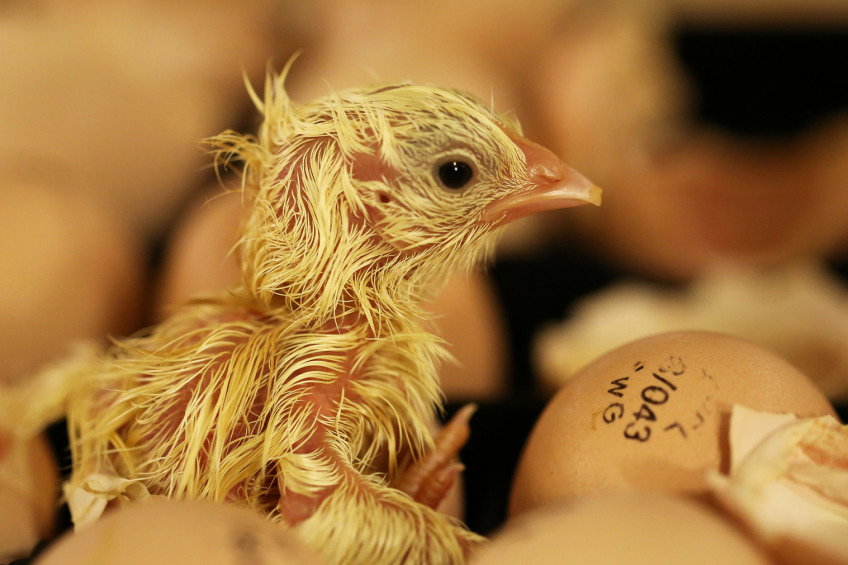German parliament rejects male chick cull ban

The German parliament has voted down the proposed ban on culling male chicks, instead opting to stick with the voluntary agreement to end the practice when it becomes commercially viable.
The country’s ministry for agriculture has made €3 million (£2.4m) available to research ways to make in-ovo chick sexing commercially viable, with a view to ending the culling of male chicks by 2017.
Outright ban on culling rejected
But the Green Party introduced a bill, which was voted down at the end of March, that would have seen an outright ban put in place, following a transitional period.
Dieter Stier, of Germany’s ruling Christian Democratic Union, warned such a ban would simply export animal production to another country, adding: “Animal well-being cannot be achieved using the sledgehammer approach, but only in accordance with the livestock owners.”
Also interesting: End sought to male chick killings in France
An end to the practice of killing male layer chicks in hatcheries is being sought by a coalition of 36 members of parliament from all sides of the French government.
Animal welfare clause in German law
Much of the debate rests around a clause in German law that states animals must only be killed for a “useful” reason. Animal rights groups argue culling male chicks is not permissible under this clause.
“No one, including the industry, actually wants to have to kill healthy male one-day chicks,” says Maria-Elisabeth Krautwald-Junghanns, a veterinarian and researcher at Leipzig University. She is looking for ways to potentially determine the sex of a chicken embryo even before it is hatched. She hopes her research will mean that in the future, only female embryos will be incubated.
[Author: Jake Davies]













